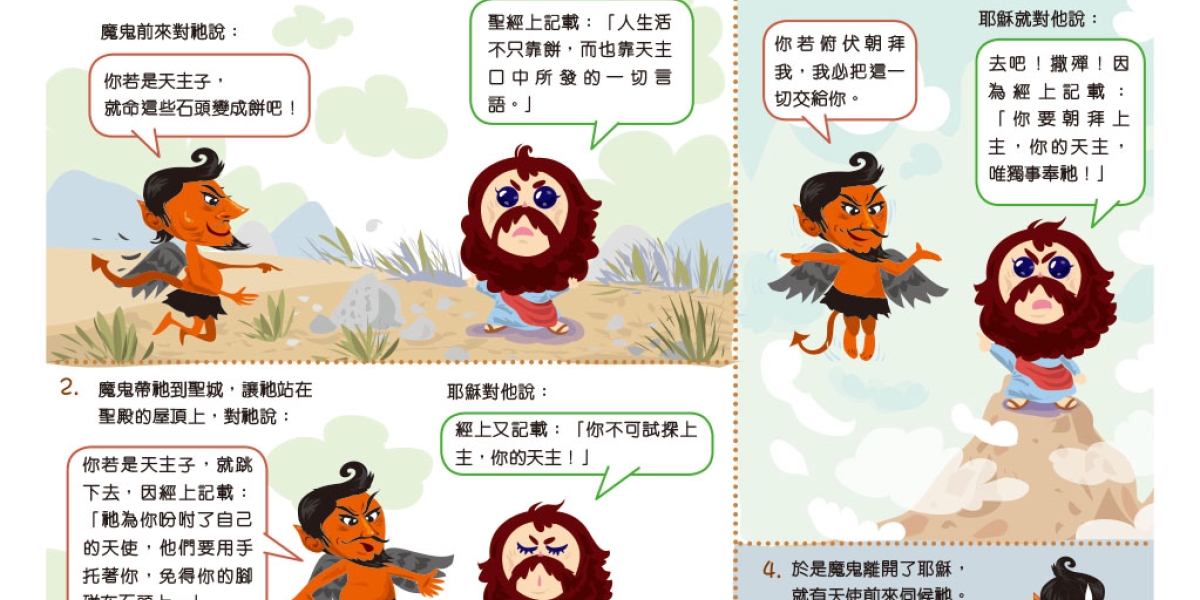昔日文章


Stories Behind Popular Sayings
2020.02.21
Wash one's hands of
The outbreak of novel coronavirus, which originated in China, is affecting at least 27 other countries around the world. To prevent the spread of this outbreak, the World Health Organisation has recommended some basic protective measures. One piece of their advice is to wash our hands frequently.
If we add the preposition "of" after "wash one's hands", the entire phrase will become an idiomatic expression with a new meaning.
A reader wrote to newspaper, “It is important to ensure that there are enough face masks for all citizens. Will the Government wash its hands of(撒手不理)the matter?”
When you wash your hands of something (or someone) , you refuse to take responsibility for them or refuse to have any further connection with them.
If I tell the manager that I have made a bad mistake in the project, he might wash his hands of(和⋯⋯斷絕關係) me.
This expression comes from the action of Pontius Pilate(般雀比拉多)in the Bible. Pilate, the governor of the Roman province of Judaea (猶大行省), presided at the trial of Jesus. He found no case against Jesus. However, he succumbed to the pressure of the Jewish leaders. According to the Gospel of Matthew (《瑪竇福音》), before Pilate convicted Jesus to death, "he took water and washed his hands in the sight of the crowd, saying, "I am innocent of this man's blood. Look to it yourselves." In other words, Pilate wanted to tell people not to blame him because he was not responsible for Jesus' death.
Let us pray that the coronavirus will disappear soon from the world.
Glossary
Protective measures
保護措施
Responsibility
責任
Connection
聯繫
Trial
審判
No case
案件不成立
Succumbed
屈服於
Convicted
判決
Blame
責怪






